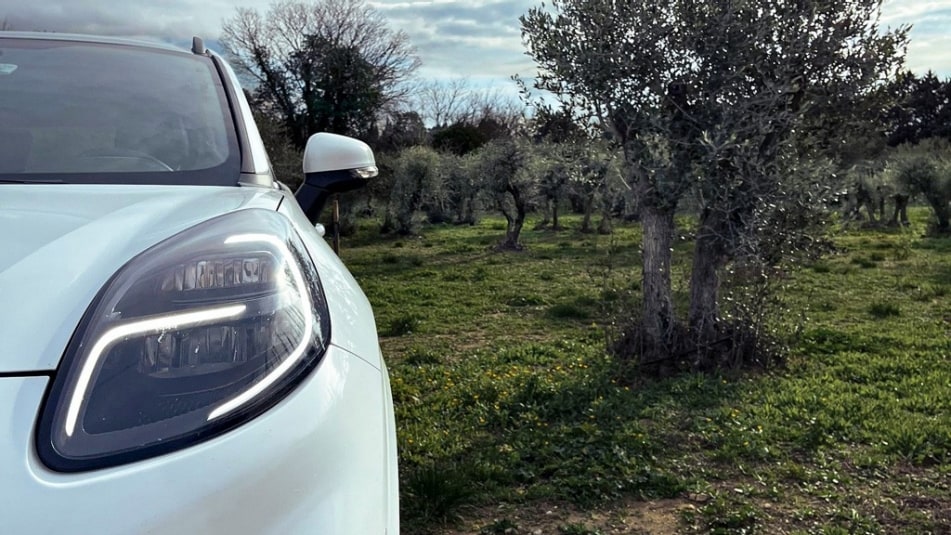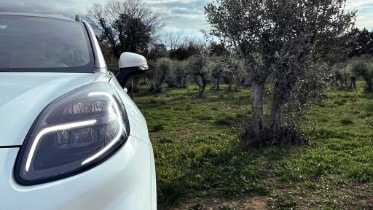Every year, pruning olive trees creates 7 million tons of waste. Ford engineers in Cologne launched an innovative research project to explore how that food waste could be re-purposed to create auto part prototypes. They found the parts to be durable, and believe research like this could enable lighter weight parts that reduce the amount of plastic used in vehicle parts, reduce the carbon footprint of auto parts and bring the company closer to its goal of using more recycled and renewable content in its vehicles.
The trial was conducted as part of the COMPOlive project designed to demonstrate the impact of using materials made from recycled and renewable materials in auto parts. For the trial, the waste materials were sourced from olive groves in Andalusia, Spain, the region with the highest production of olive oil in the world. The prototype parts consisted of 40% olive tree fibers and 60% recycled polypropylene plastic, the substance was heated and injection moulded into the shape of the selected part.
Ford has a long legacy of research and innovation in sustainable materials, some of which eventually make it into Ford vehicles, like industry-first soybean based foam seats and headrests, post-consumer recycled materials - including yogurt cups - in the Ford Mustang Mach-E frunk insert and recycled ocean plastic in wiring harness clips in Ford Bronco Sport .
Alongside our partners across the globe, Ford is making measurable progress toward ambitious environmental sustainability targets. The Road to Better is Ford’s commitment to building a more sustainable, inclusive, and equitable transportation future, where every person is free to move and pursue their dreams.







